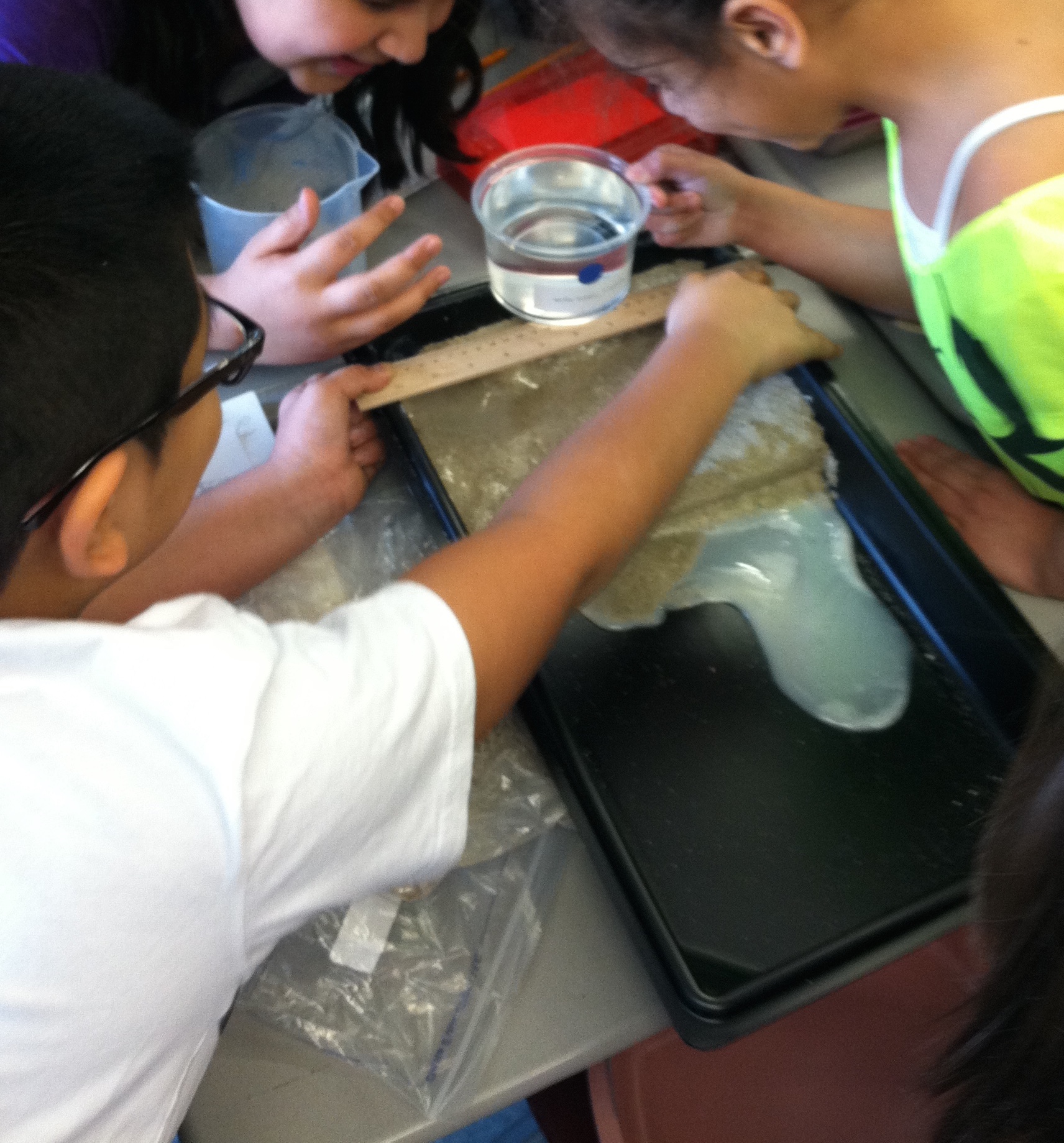An Old Educator's Thoughts on Reading Instruction
After teaching nearly 30 years, I must admit I am totally confused by the debate over reading instruction. Maybe I am missing something? Balanced Literacy vs. Scientific Methods?
Over the last 10 years of my long career, I observed that whenever the a specific reading program was dictated, success, often defined by scores on standardized tests, was fleeting. When I worked in a school where the school leaders had worked in classrooms, and as admins continued to spend extended times actually doing the work of teaching, I thought I had achieved nirvana. The training and discussions were rich and deep. I felt supported to try new approaches when they made sense for my students.
We taught reading under the umbrella of using a balanced literacy approach.
BALANCED literacy includes effective instruction in five essential components: phonemic awareness, phonics, fluency, vocabulary, and comprehension. If reading instruction is effective, an essential descriptor for successful reading instruction, all of these five elements must be included in instruction. Those same elements are part of a scientifically based reading program, but the difference, I believe is that the scientifically based programs include ongoing research and are spelled out more sequentially. An example would be Orton Gillingham.
For those outside of education, to insinuate that phonics is not a part of a balanced reading program is a misconception. And the implication that schools should offer explicit phonics instruction as the only decoding strategy is likewise unrealistically narrow.
I’ve recently read disparaging comments that students are taught “decoding strategies” in place of phonics - which is in my experience, untrue - and uninformed. As an elementary teacher I found explicitly teaching students to use decoding strategies, including, but not limited to phonics, was a pedagogical decision that I continue to feel made sense. Teaching a variety of strategies to decode texts is essential to becoming a fluent reader with good comprehension skills. When I reflect on my own practice as an adult reader, considering what my brain does when I encounter an “unknown”, I use one or more of these skills regularly. For example, when reading a text and encountering a word or term from another language, I often skip and return or use context clues.
Why wouldn’t I teach students that these strategies are what accomplished readers use, too?
When a program is determined to be Scientifically based, there is on-going research that provides an analysis of effective pedagogy. The same five components of reading are included with the emphasis on continued research and evaluation how effective these strategies are. Scientifically based reading is NOT a specific program, although I’m sure there are textbook publishers that would like one to believe otherwise. As educators and educational researchers learn more about how to effectively teach reading, it will continue to change. Educators adapt reading instruction to reflect new understandings, and most importantly to address the needs of the students they work with.
And this is why, for me, teaching reading has always been somewhat of an art as well as a science. No matter what it is called, reading instruction needs to be effective and to include the essential aspects of learning to be literate

